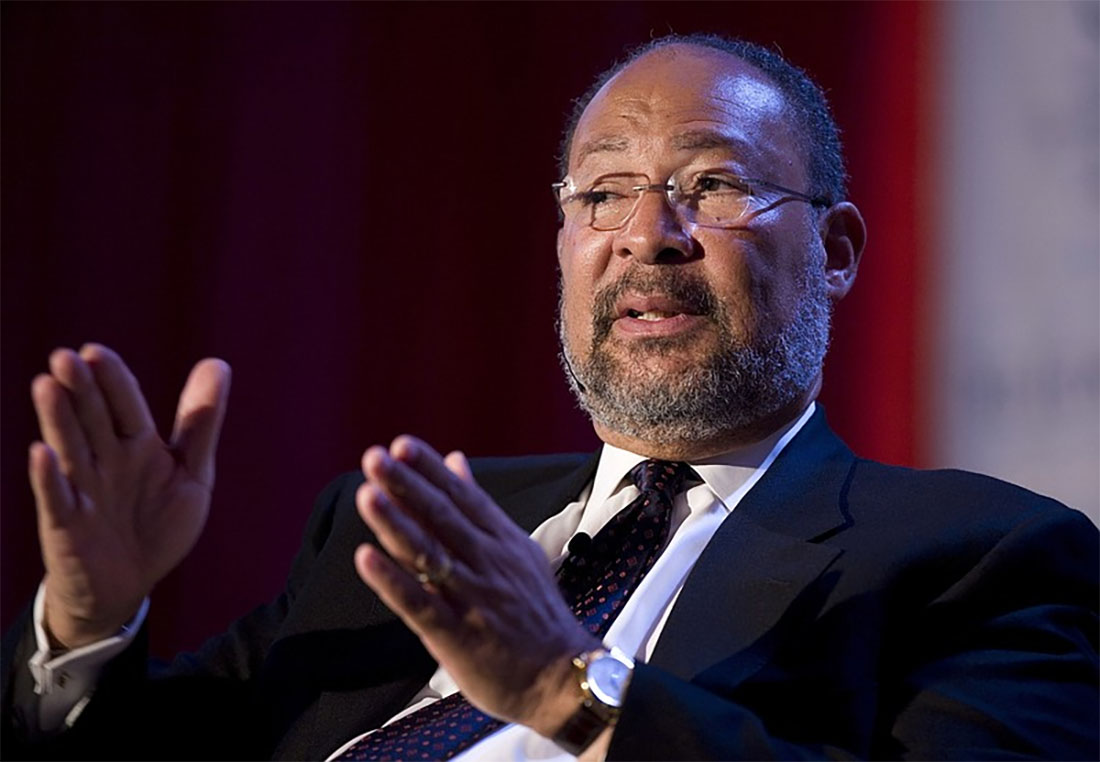Photo Credit: Getty Images
Richard Parsons, who was a renowned figure in American business a leadership pioneer, passed away on December 26, 2024, at the age of 76. His death was confirmed by Lazard, where he served as a longtime board member. Parsons succumbed to complications from multiple myeloma, a type of bone cancer, marking the end of a life that reshaped industries and inspired countless professionals.
Born Richard Dean Parsons on April 4, 1948, in Brooklyn, New York, his journey began in a working-class family. An exceptionally bright student, Parsons skipped two grades and enrolled at the University of Hawaii at 16, where he played basketball and met his wife, Laura Ann Bush. He later attended Albany Law School, graduating at the top of his class while working as a janitor to support his education. His early career saw him align with Governor Nelson Rockefeller, which led to opportunities that defined his path.
Parsons' rise to prominence came through a series of impactful roles, starting with his leadership at Dime Bancorp during the savings and loan crisis of the 1980s. Under his guidance, the bank recovered from substantial losses, completing a $300 million recapitalization and merging with Anchor Savings to form a major thrift institution.
In 1995, Parsons joined Time Warner as president, navigating the media conglomerate through one of its most turbulent periods. By 2002, he was CEO, tasked with unraveling the disastrous $165 billion merger with AOL. Parsons orchestrated a remarkable turnaround by shedding nonstrategic assets, including Warner Music Group, and reducing debt from $30 billion to $16.8 billion. His steady leadership restored stability and credibility to the corporation.
Parsons' impact extended beyond Time Warner. In 2009, he became chairman of Citigroup, steering the banking giant through the aftermath of the global financial crisis. Later, he served as interim CEO of the Los Angeles Clippers and briefly chaired CBS during a leadership crisis.
Despite his numerous achievements, Parsons remained grounded. "Race isn't a defining issue for me. It's like air," he once said, emphasizing his focus on merit and results. His contributions also enriched cultural institutions, including the Apollo Theater and the Smithsonian National Museum of African American History and Culture.
Parsons leaves behind a legacy of resilience, leadership, and humanity. His ability to navigate complex challenges with grace and a people-first approach cements his place among the great leaders of his era.


